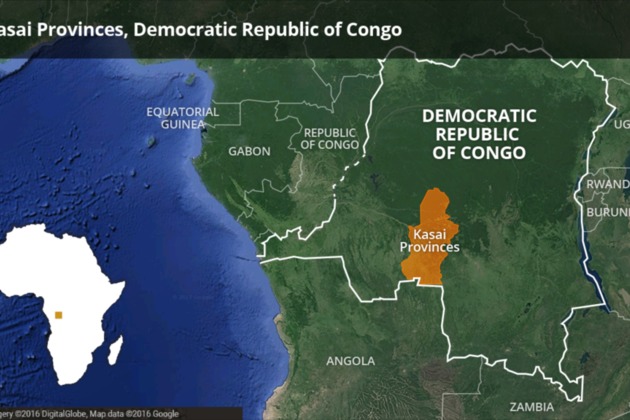tim_duncan2000
Active Member
- Jan 11, 2004
- 694
- 66
- 28
As they root out the insurgents who prey on Ituris population, United Nations soldiers in the east have at their disposal tanks, armored personnel carriers, Mi-25 attack helicopters, mortars and rocket-propelled grenade launchers - all of which are getting heavy use.
It may look like war but its peacekeeping, said Lt. Gen. Babacar Gaye of Senegal, the force commander in Congo, of the largest and most robust of the 18 United Nations peacekeeping operations around the world.
At a militia camp in Kagaba recently, the peacekeepers backed up besieged Congolese troops and engaged in a running battle with ethnic Lendu fighters.
In March, after an ambush that killed nine Bangladeshi peacekeepers, the United Nations forces raided a crowded market near Loga to root out fighters preying on the local population. The peacekeepers also conduct what they call cordon and search operations, which are essentially hunts for weaponry in remote villages.
Belize042 said it best:Their opponents are tribal fighters who ignored the United Nations deadline of April 1 for disarming. A last opportunity to comply is approaching; after that, the peacekeepers say they will get even tougher.
http://www.nytimes.com/2005/05/23/international/africa/23congo.html?pagewanted=all
"It may look like war but its peacekeeping..."
Can you imagine the way the NYT would savage an American who said that?
"...hunts for weaponry in remote villages."
In Iraq, that's called "heavy-handed, jack-booted fascist tactics."
"Their opponents are tribal fighters who ignored the United Nations deadline of April 1 for disarming."
Which is bad, right, NYT? So you'd say that a group that ignored, say, seventeen U.N. resolutions and deadlines needs to be removed yesterday, right?
(crickets)
http://littlegreenfootballs.com/weblog/?entry=15943#c0007




